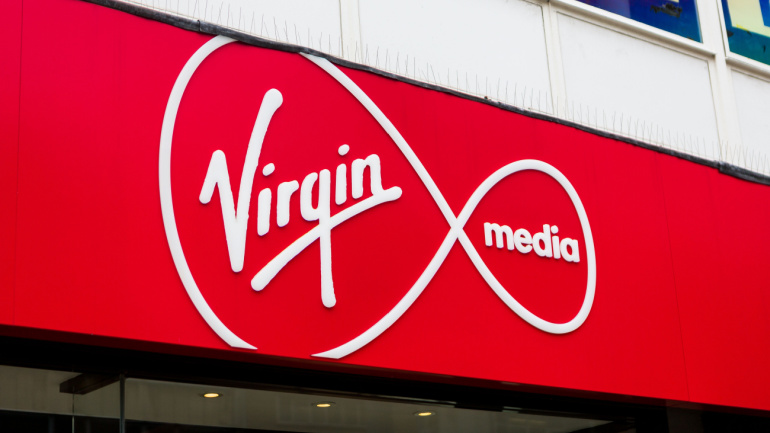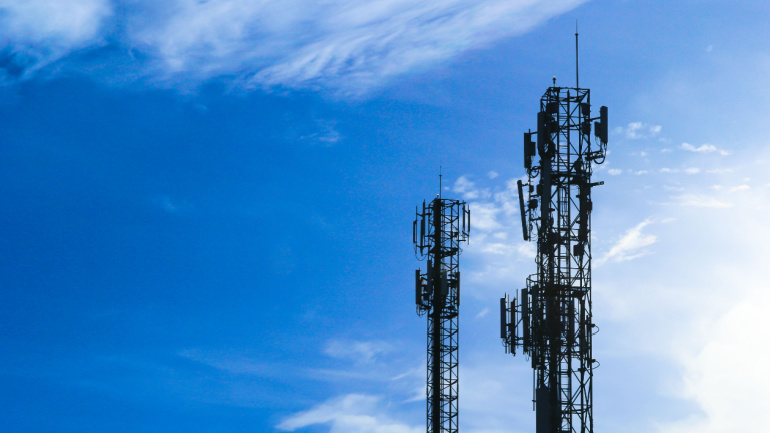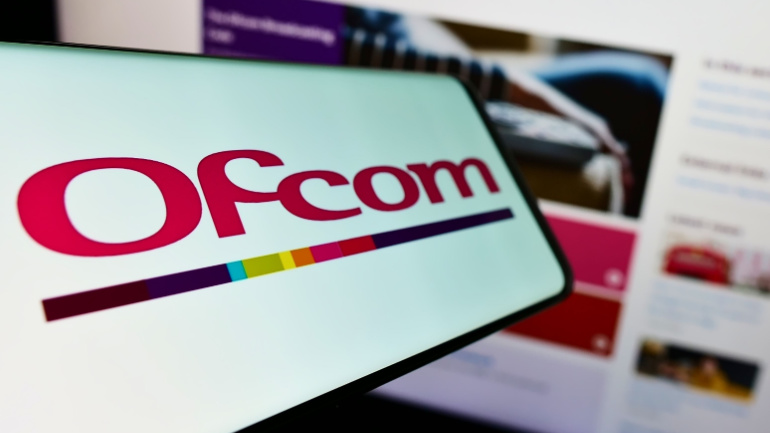Altice Group strategically eyes shedding its 50.1% sharing in XpFibre, triggering a ripple of interest from major players like KKR & Co., Macquarie Group, and others. While KKR & Co, Macquarie Group, and CDPQ are all reported to be keen on acquiring the stake, no financial bids have surfaced to date. Meanwhile, Altice Group’s decision to divest isn’t surprising, given its $60 billion debt, and recent considerations to sell other assets.
VMO2 reignited talks over a potential acquisition of TalkTalk’s consumer business this week, eyeing several million UK broadband subscribers. Yet, the negotiation’s early nature and TalkTalk’s sizable £1.1 billion debt make the situation complex.
BT, Ericsson, and Qualcomm demonstrated successful 5G network slicing trials for diverse applications, proving its potential to improve service quality in the 5G SA era. Disney invests $1.5 billion in Epic Games to blend its iconic franchises with Fortnite. D&H Distributing launches the Go Big AI Program to help partners use AI technologies. IPFone acquires VoIP company Joon to expand its cloud communication services and enhance offerings through synergistic technologies.
In a significant security incident, US telecom giant Verizon suffered a serious data breach impacting over 63,000 workers. Despite occurring last September, the leak wasn’t detected until December. Delving into the possible causes reveals potential insider wrongdoing. With the exposed data consisting of extensive personal details, Verizon claims that it hasn’t been shared externally yet. As the company probes into the breach, it offers its affected staff credit monitoring and identity theft protection for two years.
In an exhilarating turn of events, telecommunications titan Ericsson collaborates with the renowned Indian Institute of Technology Kharagpur for pioneering research in AI, Compute, and Radio technology, with a spotlight on 6G development. This theoretical partnership is set to stir groundbreaking headway in fundamental and applied study in the Radio realm, significantly marking India as a technological innovation hub.
Forging a powerful alliance, Virgin Media O2 and Tesco affirm a ten-year extension of their two decade-long partnership, potentially marking a new era for Tesco Mobile, UK’s leading mobile virtual network operator. With over 5.5 million customers, and a recent 9.4% increase in sales generating £970 million in revenues, this joint venture shows no signs of slowing down.
Anticipated mobile and broadband price hikes this April could resonate with a multitude of customers. Key carriers, EE, Three, and Vodafone, plan substantial increases, impacting users financially. Meanwhile, telecom regulator Ofcom has proposed banning mid-contract price rises linked to inflation.
The fusion of AI into data centres is sparking a vigorous debate – will it result in job losses or enable a more efficient, innovative industry? A staggering 75% of operators expect AI to reshape staffing, yet remain cautious about perceiving AI as a total problem solver.
Ofcom’s recent quarterly report reveals a surge in customer complaints against Virgin Media, prompting scrutiny into its cancellation policy. Despite contention from VMO2, the report paints a stark contrast between Virgin Media’s dissatisfaction rates and Sky’s remarkable customer approval.
Enreach, Europe’s leading provider of converged contact solutions, announced that Tonny Siemons, the company’s business development lead for its Microsoft Teams and Microsoft Operator Connect integration strategies, will speak at ITEXPO, one of the world’s largest communications technology conferences. The event is scheduled for 13-15 February, 2024 at the Broward County Convention Center in Fort Lauderdale, Florida.













